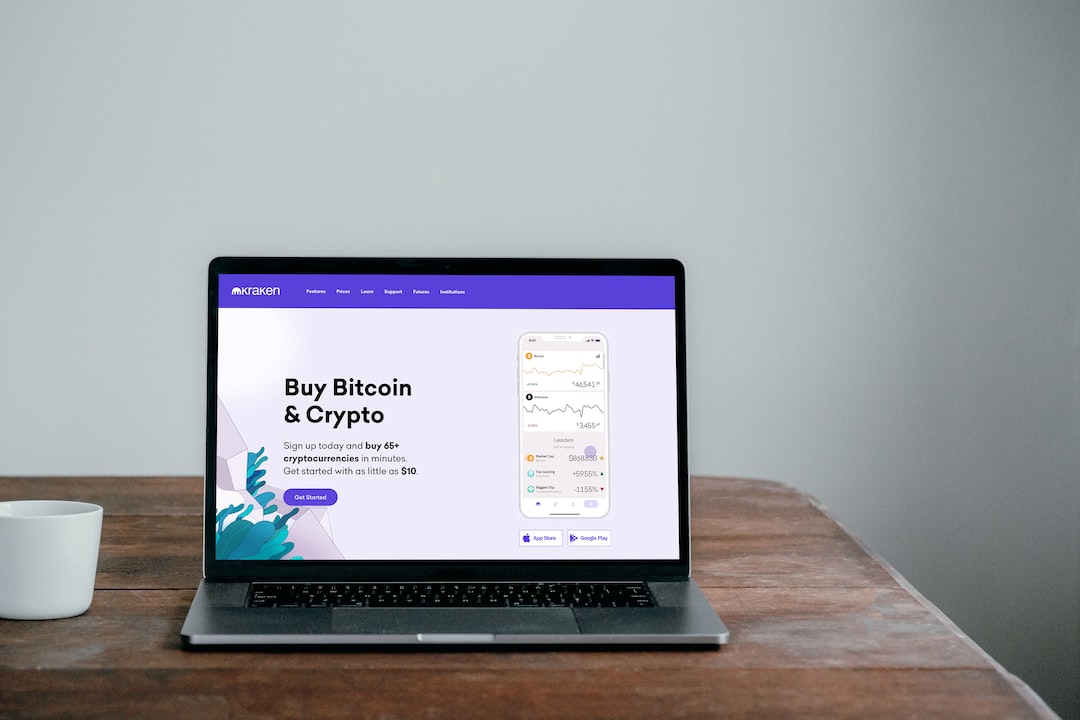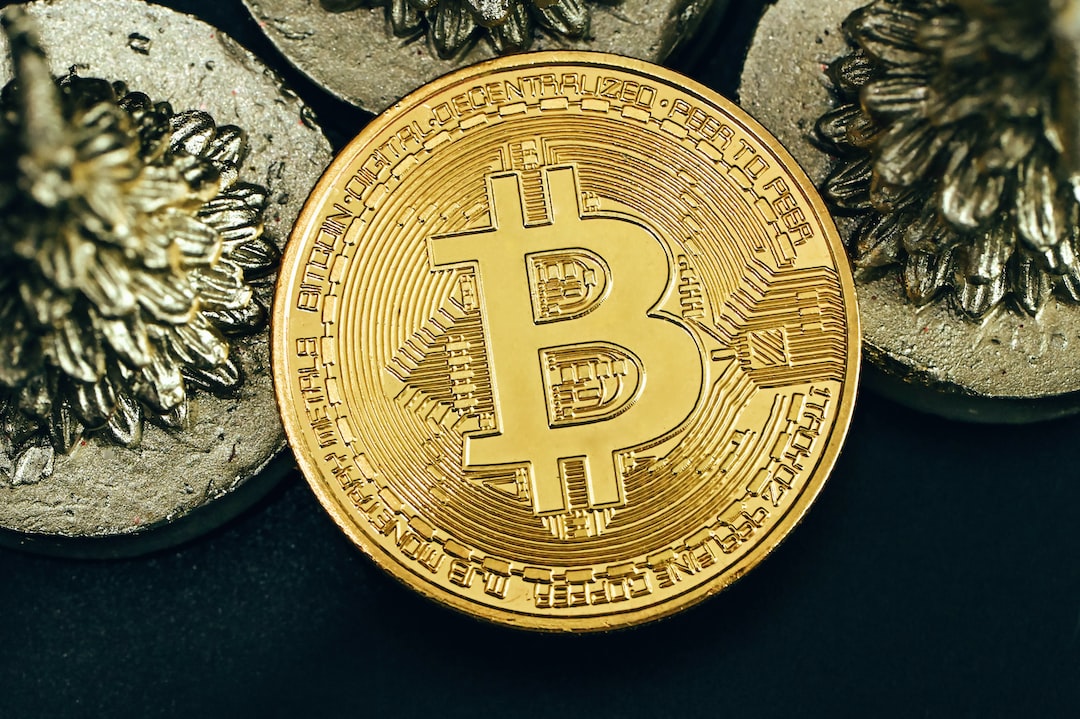If you’ve been following the Ripple vs. SEC case, get ready for more drama. The upcoming “remedies phase” will determine the fine that Ripple must pay for allegedly violating securities laws by selling $770 million worth of XRP to institutional investors.
Ripple has an opportunity to use a recent defeat suffered by the SEC in the Aaron Govil case to its advantage. The Second Circuit ruled that the SEC must prove actual financial harm before seeking disgorgement from the defendant. This ruling could potentially weaken the SEC’s case against Ripple during the remedies phase.
Ripple might employ a strategy of seeking exemptions for certain categories of XRP sales, particularly those related to On-Demand Liquidity (ODL) and other legitimate business expenses. This approach would allow Ripple to differentiate between different types of XRP transactions.
Legal experts have mixed views on the potential outcome of the remedies phase. Some believe that the SEC may push for a substantial penalty, while others think Ripple could negotiate a significant reduction in the fine. Pro-XRP legal experts like Jeremy Hogan and Bill Morgan have weighed in on the implications of the Second Circuit decision, questioning whether the SEC can prove that XRP investors suffered actual financial harm.
If Judge Analisa Torres aligns with the Second Circuit decision, it could be another setback for the SEC’s case against Ripple. This follows previous victories for Ripple, including rulings that XRP is not a security and rejecting the SEC’s request for an interlocutory appeal.
Hot Take: Potential Setback for SEC in Remedies Phase





 By
By
 By
By
 By
By
 By
By

 By
By